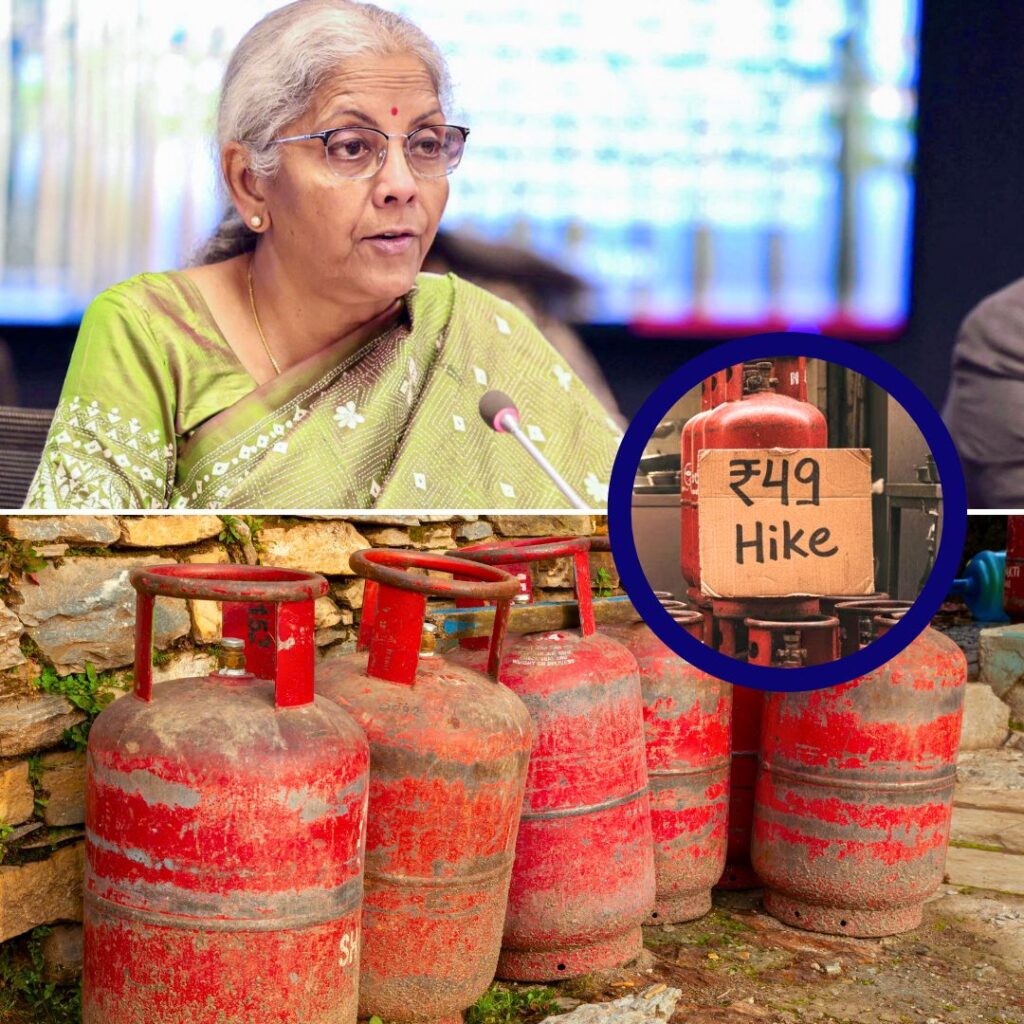A study has found that energy drinks, consumed by youngsters for instant energy boost, have health risks associated with it.
The ongoing global shift from junk food to healthy food for a better lifestyle has fueled the fast sale of energy drinks.
However, a recent study published in the Journal of the American Heart Association has shattered the illusion. The study found that consumption of 32 ounces ( 0.94 litres) in a short span can lead to increased blood pressure and the risk of electrical disturbances in the heart, which can end up affecting heart rhythm.
What Did The Study Find?
For the study, researchers selected 34 healthy volunteers between the ages of 18 and 40 years. These participants were made to drink 32 ounces of energy drinks of one of the two readily available caffeinated energy drinks or a placebo drink on three separate days. The researchers made sure that the drinks were consumed within a span of 60 minutes, but no faster than one a 16-ounce bottle in 30 minutes.
Researchers measured the electrical activity of the volunteers’ heart with the help of electrocardiogram – a device that measures the way a heart beats, and their blood pressure, from the start of the study till 4 hours after the consumption of the drink at an interval of 30 minutes.
The energy drinks’ caffeine content varied from 304 to 320 milligrams of caffeine per 32 fluid ounces. Other ingredients in energy drinks comprised glucuronolactone (found in plants and connective tissues), B-vitamins, and taurine- a type of amino acid. On the other hand, the placebo drink consists of lime juice, carbonated water, and cherry flavouring.
The results found out that volunteers who drank energy drinks had QT interval of six milliseconds or 7.7 milliseconds higher at four hours compared to those who drank placebo drinks. QT interval is a measurement of the time it takes for ventricles in the heart to prepare or generate a heartbeat. If the QT interval is too short or too long, it might cause the heart to beat abnormally, which can be life-threatening.
“We found an association between consuming energy drinks and changes in QT intervals and blood pressure that cannot be attributed to caffeine. We urgently need to investigate the particular ingredient or combination of ingredients in different types of energy drinks that might explain the findings seen in our clinical trials,” Speciality Medical Dialogues quoted Dr. Sachin A. Shah, one of the lead authors of the study, as saying.
This is a wake-up call for all those who believe that consuming energy drinks comes without any health risks. The research result came at a time when energy drinks are sold like hot cakes. The global energy drink market continues to grow. In 2013, the market was worth in $39 billion and was anticipated to touch $61 billion by 2021.
Also Read: Elon Musk Successfully Launched Tesla Car Into Space Via World’s Biggest Rocket












